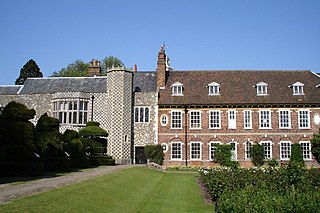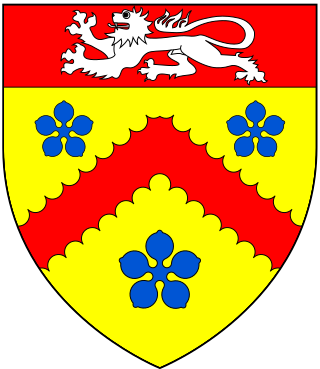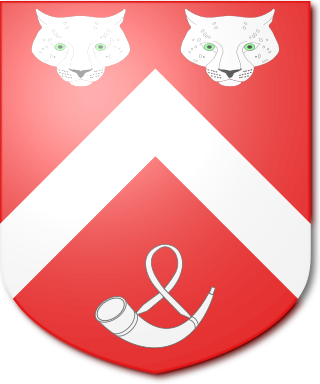There have been three baronetcies created for descendants of the ancient Lancashire family of Gerard.
There have been three baronetcies created for members of the Clerke family. One creation is extant as of 2008.
There have been ten baronetcies created for persons with the surname Browne, six in the Baronetage of Great Britain, three in the Baronetage of Ireland and one in the Baronetage of Nova Scotia. Only one creation is extant as of 2010. Three of the creations were for members of the Browne family headed by the Viscount Montagu.

There have been two Baronetcies created for persons with the surname Austen, one in the Baronetage of England and one in the Baronetage of Great Britain. Both creations are extinct.

There have been twenty one baronetcies created for persons with the surname Williams, eight in the Baronetage of England, three in the Baronetage of Great Britain and ten in the Baronetage of the United Kingdom. Only six of the creations are extant as of 2017.
There have been four baronetcies created for persons with the surname Rich, two in the Baronetage of England, one in the Baronetage of Great Britain and one in the Baronetage of the United Kingdom. As of 2008 three of the creations are extinct while one is dormant.

There have been two baronetcies created for persons with the surname Boothby, both in the Baronetage of England. One creation is extant as of 2022.
There have been two baronetcies created for persons with the surname Cocks, one in the Baronetage of England and one in the Baronetage of Great Britain. One creation is extant as of 2008.
There have been three baronetcies created for persons with the surname Stuart, one in the Baronetage of Nova Scotia, one in the Baronetage of England and one in the Baronetage of the United Kingdom. Two of the creations are extant as of 2008.

There have been three baronetcies created for persons with the surname Cooke, two in the Baronetage of England and one in the Baronetage of Ireland. One creation is extant as of 2013.

There have been five baronetcies created for members of the old established family of Peyton of Peyton Hall in the parish of Boxford in Suffolk, all of whom were descended from Sir Robert Peyton of Isleham in Cambridgeshire, grandson and heir of Thomas Peyton (1418–1484) of Isleham, twice Sheriff of Cambridgeshire and Huntingdonshire, in 1443 and 1453. All the baronetcies are extinct.

There have been four baronetcies created for members of the Slingsby family who settled at Scriven Hall, Scriven, Knaresborough, Yorkshire in the 14th century.
There have been six baronetcies created for persons with the surname Wright, three in the Baronetage of England, two in the Baronetage of Great Britain and one in the Baronetage of the United Kingdom. All creations are extinct.

The Davie Baronetcy, of Creedy in the County of Devon, was a title in the Baronetage of England. It was created on 9 September 1641 for John Davie, the Member of Parliament for Tiverton in 1621–22.
There have been two baronetcies created for persons with the surname Buswell, one in the Baronetage of England and one in the Baronetage of Great Britain. Both creations became extinct on the death of the first holder.
There have been two baronetcies created for persons with the surname Gifford, one in the Baronetage of England and one in the Baronetage of Ireland. Both creations are extinct.

There have been five baronetcies created for persons with the surname Tyrrell, all in the Baronetage of England. All five creations are extinct, as is the Tyrell baronetcy. The six creations all claim a descent from Walter Tirell, the reputed accidental killer of King William II.

The Abdy baronetcy, of Felix Hall, in the County of Essex, was created in the Baronetage of England on 14 July 1641 for Thomas Abdy who was High Sheriff of Essex. The title became extinct in 1868.

The Abdy baronetcy, of Albyns, in the County of Essex, was created in the Baronetage of England on 9 June 1660 for Robert Abdy. It became extinct on the death in 1759 of the 4th baronet.

The Abdy Baronetcy, of Albyns, in the County of Essex, was created in the Baronetage of the United Kingdom on 22 December 1849 for Thomas Neville Abdy who sat for Lyme Regis in the British House of Commons. It was a second creation for the seat: see Abdy baronets of Albyns (1660).
This page is based on this
Wikipedia article Text is available under the
CC BY-SA 4.0 license; additional terms may apply.
Images, videos and audio are available under their respective licenses.









